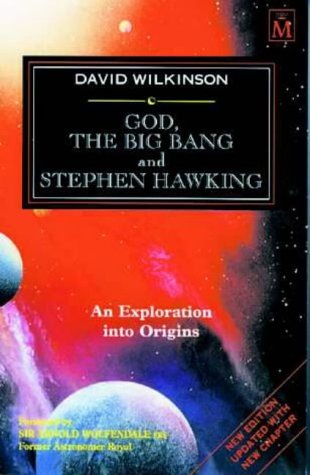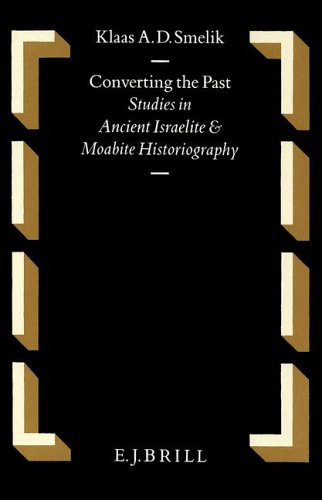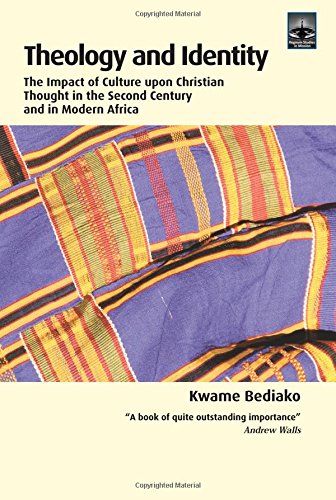God, The Big Bang and Stephen Hawking
Written by David Wilkinson Reviewed By Howard TaylorAs modern science penetrates ever deeper into the fundamentals of all physical existence, it cannot avoid questions of God and origins. When such questions as ‘What is the source of the universe?’, ‘What is the reason for the laws of nature being what they are?, are asked, one has reached the boundaries of all scientific enquiry. These questions naturally prompt the further question as to whether or not there is ‘Someone’ beyond who is the Creator of the universe. With the advent of the new cosmology, relativity theory, quantum physics, chaos theory, challenging as they do the old materialistic, deterministic and reductionist assumptions of an earlier science, these fundamental questions become even more relevant to our existence, enabling us to address questions as to purpose, meaning and freedom in the universe.
David Wilkinson’s book is an attempt to explain and simplify the issues raised by Stephen Hawking and others who have written about theories concerning the origin of the universe and their relationship to belief in God. He is a Methodist minister who is also a highly qualified astro-physicist and so has an obvious expertise in his subject.
He certainly succeeds in being simpler than Stephen Hawking. He starts by introducing his readers to the awesome size of the universe, touching on such subjects as the supposed origin of stars, planets, black holes, supernovas, etc. The book continues with brief introductions to the various theories surrounding the ‘big bang’ and gives a simple account of relativity, quantum and chaos theories, and how they challenge the old Newtonian view of a closed mechanistic universe, so allowing us more easily to grasp our Christian belief in God as not only Creator, but also sustainer of the cosmos—who has created it in such a way as to allow for his continuing interaction with nature not only in providence but also in miracle and answered prayer.
The widely accepted view that the universe started with a ‘big bang’ seems to pose the question as to what, beyond nature, caused it to happen. Stephen Hawking’s hypothesis of quantum gravity is an attempt to avoid this question by suggesting that the big bang is not, after all, the boundary point marking the beginning of the universe. This is a difficult concept for the layman to grasp, but Wilkinson does quite well in explaining and evaluating what is meant.
This reviewer did feel that the arguments were, in places, ‘too thin’. For example, I think the author could have done better—without going over the heads of his readers—in conveying a greater sense of the mystery world of quantum theory. In doing so he would have made his book more exciting and more obviously relevant to theological discussion.
Nevertheless, as an introduction to the profound issues involved in the science-theology debate this book is a reasonable introduction for the beginner. For all who find Stephen Hawking too difficult to follow, but who nevertheless want to be aware of the issues and read them from a Christian perspective, this book will prove useful.
Howard Taylor
Glasgow Bible College






